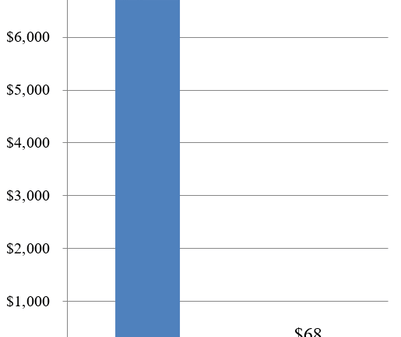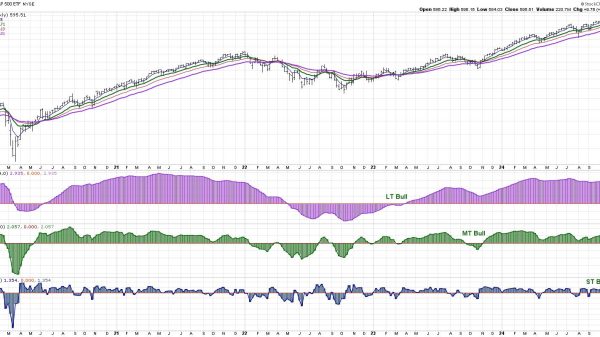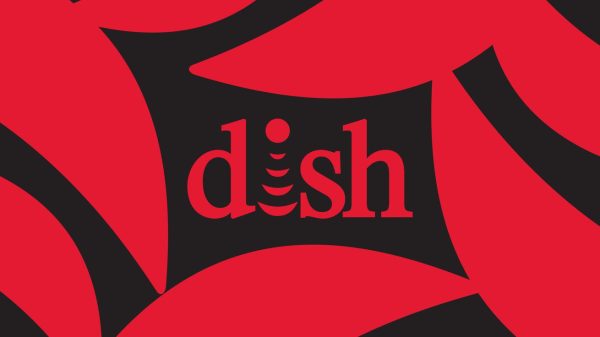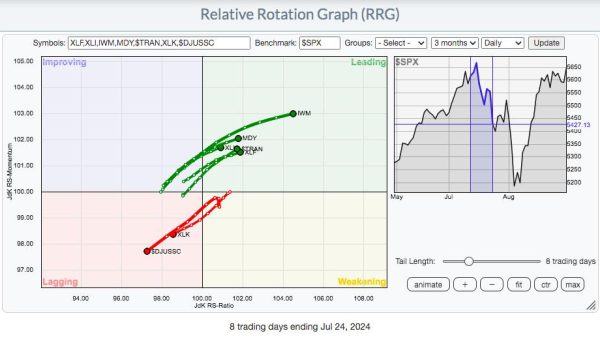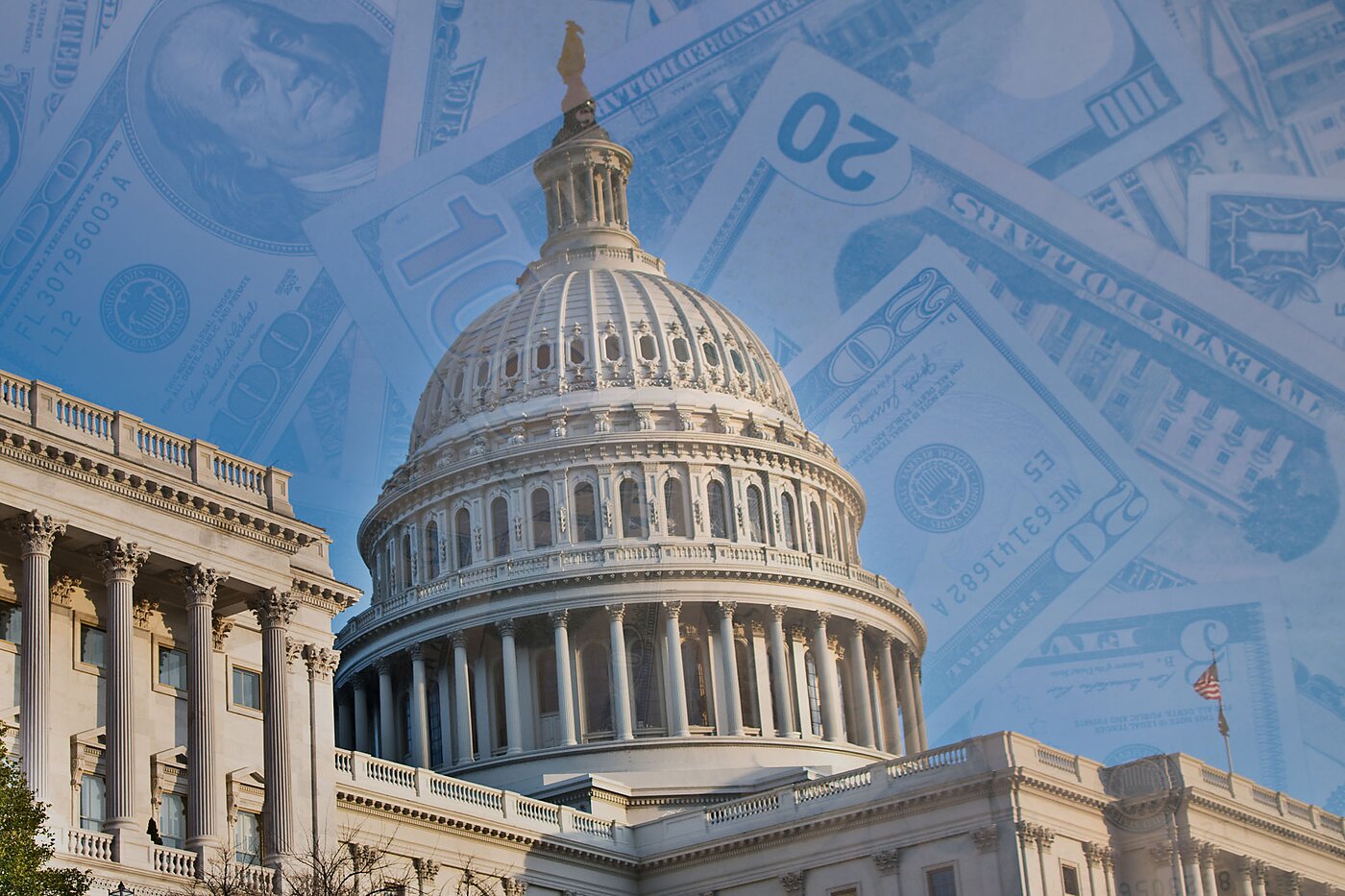
Today, September 25, the House Budget Committee will consider the Stop the Baseline Bloat Act (H.R. 8068), an important step toward addressing the budget distortion caused by including temporary emergency spending in the Congressional Budget Office’s (CBO) baseline. This flawed approach creates a distorted view of the budget, allowing “emergency” funds to quietly inflate future spending projections. It also makes maintaining current levels of discretionary spending seem like a deficit reduction.
Emergency spending provisions—meant to address unforeseen crises—are being treated as permanent expenditures, undermining the purpose of emergency appropriations and skewing fiscal decisions.
As bill sponsor Rep. Glenn Grothman (R‑WI) pointed out during a recent hearing with CBO Director Phillip Swagel, the practice of extending temporary emergency spending, like the $95 billion aid package for Ukraine, Israel, and Taiwan, across a 10-year window artificially inflates future projections. This adds about $900 billion to the budget baseline, despite being billed as “one-time” money.
Dr. Swagel agreed that emergency spending should not be treated as permanent, noting that the CBO is bound by statute to extend it. This statute distorts the fiscal picture, leading to what Dominik Lett and I have called an “insidious ratcheting effect,” where spending is biased upwards as emergency funds inflate the baseline, making it easier for legislators to justify additional spending.
The Stop the Baseline Bloat Act, introduced on a bipartisan basis by Rep. Glenn Grothman (R‑WI) and Rep. Ed Case (D‑HI), would correct this by instructing the CBO to remove emergency spending from baseline projections, treating this spending as an exemption rather than as part of the regular budget.
This matters because the CBO budget baseline serves as the benchmark for evaluating fiscal policy. Whether something is scored as a spending increase or cut depends on the baseline. The current baseline approach, however, includes temporary emergency funds alongside regular discretionary appropriations and projects both to grow with inflation. The problem? By projecting temporary emergency expenditures as if they were permanent, the CBO’s current practice artificially inflates discretionary spending estimates.
According to Rep. Case (D‑HI):
“The path out of our growing budget crisis starts with accurate and transparent budgets. A budget that inflates prior year spending to conceal real growth year-to-year is neither accurate nor transparent. Our measure would eliminate these budgetary tricks that conceal our dangerous journey into fiscal irresponsibility.”
As Rep. Grothman (R‑WI) noted:
“The CBO cannot continue to create a budget baseline that justifies outrageous spending levels. Getting the country’s fiscal house in order starts with an unbiased CBO baseline.”
And as I’ve stated previously:
“The Stop the Baseline Bloat Act would [ensure that] when Congress decides to rely on emergency and supplemental funding to increase topline levels, a spending increase gets scored as such.”
To curb reckless spending, Congress should accurately account for emergencies in the budget. Honest budgeting is critical, and excluding emergency appropriations from the baseline is a key step in the right direction.
For a more comprehensive treatment of emergency spending and its fiscal impact, see “Curbing Federal Emergency Spending | Cato Institute”





